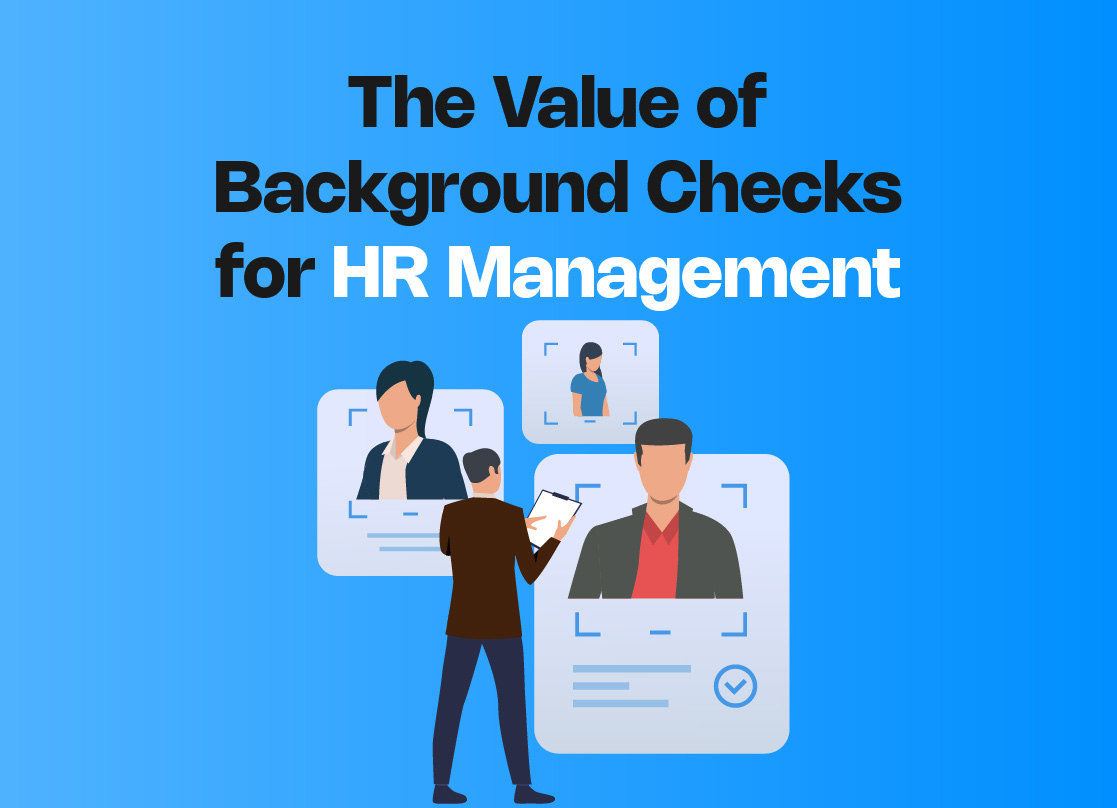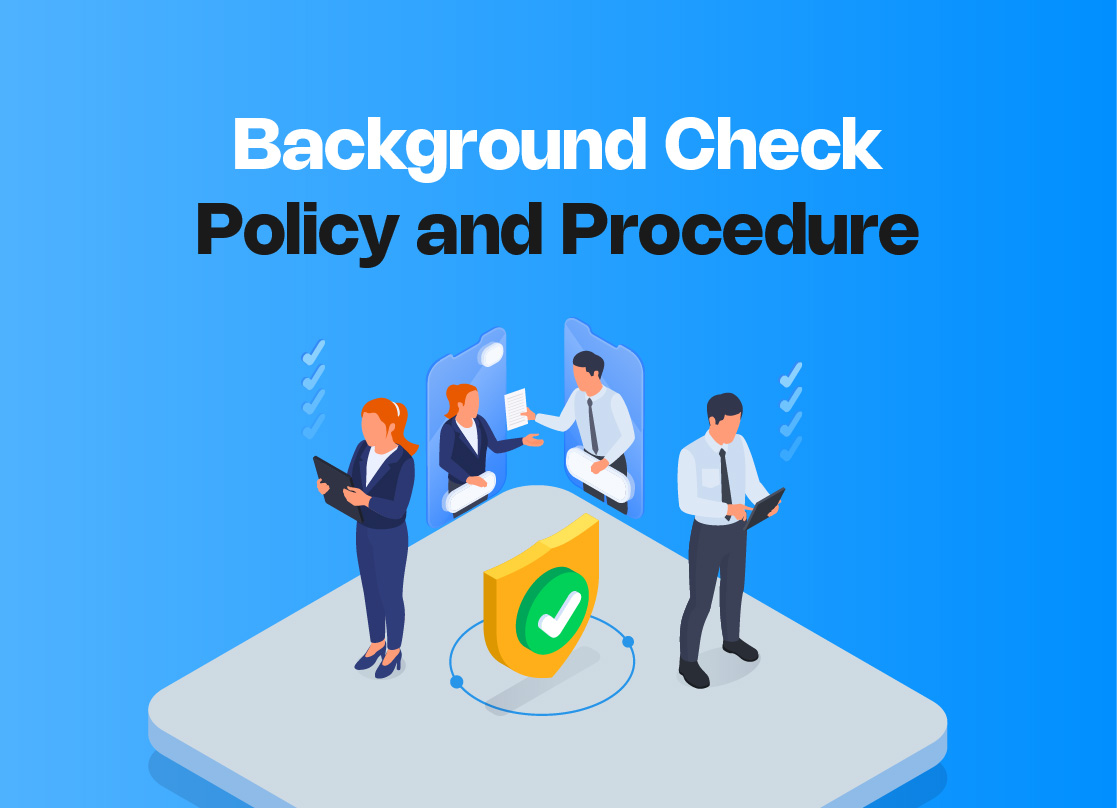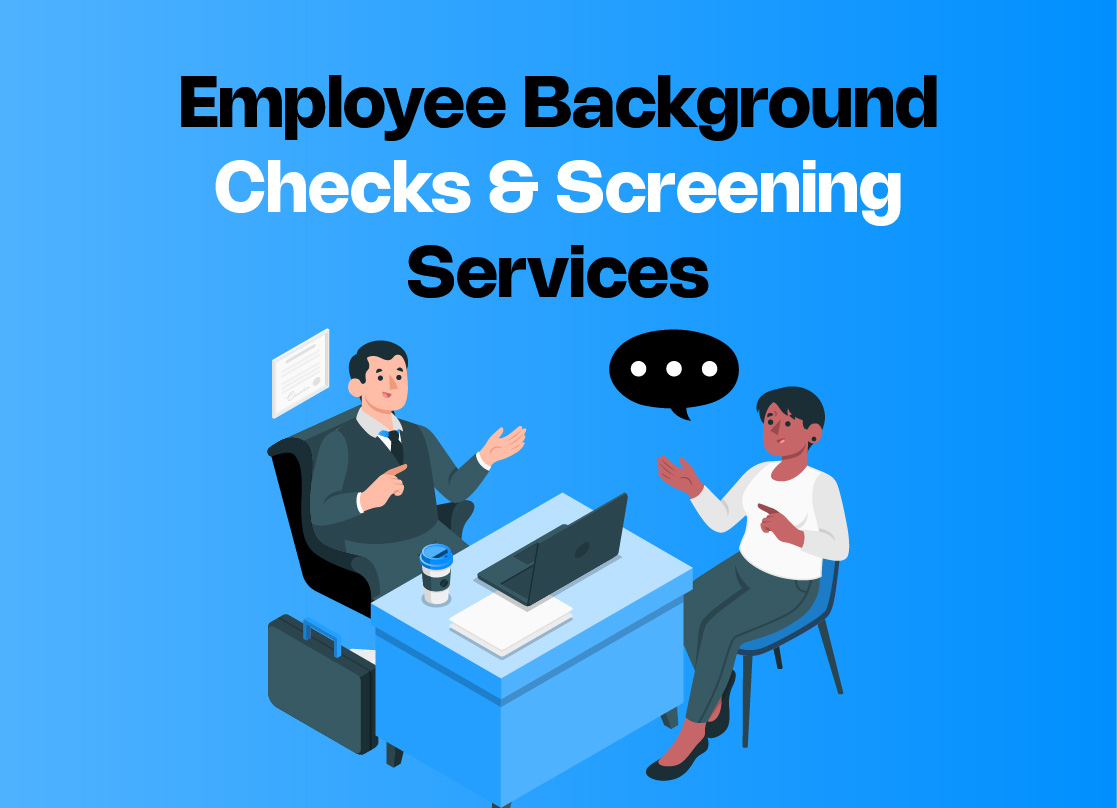
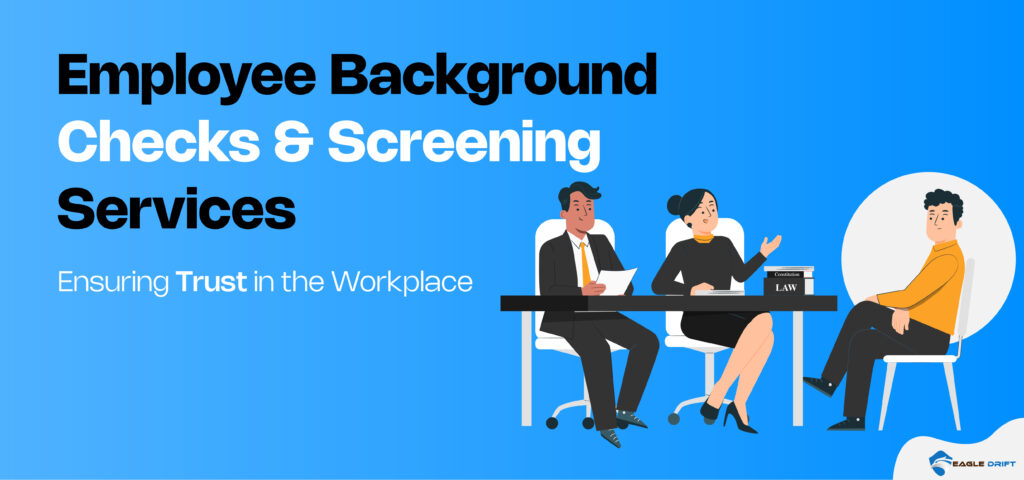
In today’s dynamic business landscape, the significance of employee background checks and screening services cannot be overstated. As organizations strive to create secure and trustworthy work environments, understanding the intricacies of these processes is essential.
Employee background checks and screening services involve thoroughly examining a candidate’s history, including their education, employment, and criminal records. It is a preemptive measure to ensure that potential hires align with an organization’s values and standards.
Employers recognize the importance of these checks in mitigating risks, maintaining workplace safety, and safeguarding company reputation. The thorough vetting of candidates ensures that only individuals with integrity and competence become integral parts of the team.
Types of Employee Background Checks
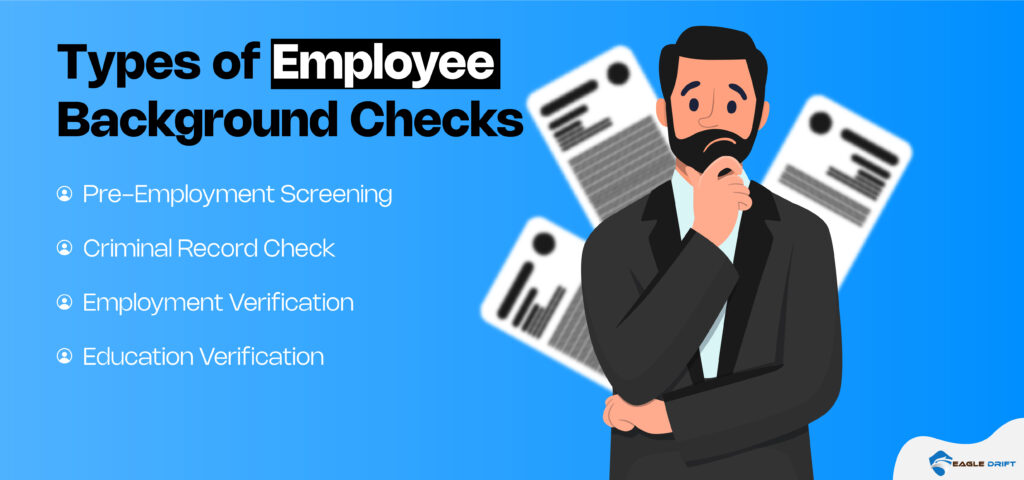
Pre-Employment Screening
Definition of Pre-Employment Screening
Pre-employment screening is the initial step in the hiring process, involving a comprehensive evaluation of a candidate’s qualifications, work experience, and overall suitability for the role. This process aims to verify the accuracy of the information provided by the candidate and assess their potential alignment with the organization.
Importance of Pre-Employment Screening
The importance of pre-employment screening lies in its ability to identify the most qualified candidates and ensure they possess the skills and attributes required for the job. It is a proactive measure to mitigate hiring risks, streamline the selection process, and enhance the overall quality of hires.
Types of Pre-Employment Screening
Skills Assessment: Evaluating a candidate’s technical and soft skills to ensure they meet the position’s specific requirements.
Personality Tests: Understanding a candidate’s personality traits and cultural fit within the organization’s work environment.
Criminal Record Check
Definition of Criminal Record Check
A criminal record check is a thorough examination of an individual’s criminal history. This process is essential for assessing potential risks associated with hiring a candidate and ensuring a safe and secure work environment.
Importance of Criminal Record Check
The importance of a criminal record check cannot be overstated, particularly for positions that involve responsibilities and trust. It helps employers make informed decisions and safeguard the workplace from potential legal and safety issues.
Types of Criminal Record Check
National Criminal Database Search: Checking various national databases to uncover any criminal records associated with the candidate.
County Criminal Records Search: Conducting a localized search in specific counties to provide a detailed analysis of an individual’s criminal history.
Employment Verification
Definition of Employment Verification
Employment verification is the process of confirming the accuracy of a candidate’s work history, including job titles, responsibilities, and dates of employment. This step ensures that the candidate’s professional background aligns with the information provided during the hiring process.
Importance of Employment Verification
Ensuring the accuracy of a candidate’s work history is crucial for maintaining the integrity of the hiring process. Employment verification helps employers validate a candidate’s claims, preventing the inclusion of false information in resumes.
Types of Employment Verification
Reference Checks: Contacting previous employers or colleagues to gather insights into a candidate’s work performance and reliability.
Confirmation of Job Titles and Responsibilities: Validating the accuracy of a candidate’s job titles and the scope of their responsibilities in previous roles.
Education Verification
Definition of Education Verification
Education verification involves confirming the legitimacy of a candidate’s educational qualifications, ensuring they possess the required degrees or certifications for a given position.
Importance of Education Verification
This step is critical for maintaining the credibility of the hiring process. Education verification ensures that candidates have the necessary academic background and qualifications required for the role.
Types of Education Verification
Degree Verification: Confirming the legitimacy of the candidate’s claimed degrees or certifications.
Attendance Verification: Ensuring that the candidate attended the educational institutions they mentioned in their application.
Background Check Services Providers
First Advantage Background Check Status
Overview of First Advantage Background Check Services
First Advantage stands as a prominent background check service provider known for its comprehensive and reliable solutions. With a commitment to delivering accurate and timely results, they have become a trusted ally for numerous organizations in the hiring process.
How to Check First Advantage Background Check Status
Candidates can conveniently track the status of their background check through the First Advantage online portal. This user-friendly interface provides real-time updates, offering transparency and peace of mind to applicants eagerly awaiting their results.
Other Background Check Services Providers
Overview of Other Background Check Service Providers
In addition to First Advantage, there are several other background check service providers in the market. Each comes with its own set of features, strengths, and potential drawbacks. Exploring these options is essential for organizations seeking the most suitable partner for their specific needs.
Comparison Between Different Background Check Service Providers
Accuracy: Assessing the precision of the information provided by each service provider is crucial. A reliable background check should yield accurate results, helping employers make informed decisions.
Turnaround Time: The speed at which a service provider delivers results can impact the overall hiring process. Quick turnaround times are often crucial for organizations looking to fill positions promptly.
Comprehensiveness: Different providers may offer varying levels of comprehensiveness in their background checks. Assessing the depth of the checks conducted ensures a thorough evaluation of a candidate’s history.
Cost: While cost is a significant factor, it should be considered in conjunction with the quality of service. A balance between affordability and reliability is key.
Customer Support: Responsive and helpful customer support is invaluable, especially when dealing with time-sensitive hiring processes. Evaluating the level of support provided by each service is essential.
Choosing the right background check service provider is a critical decision for employers. The accuracy and reliability of these checks directly impact the quality of hires and the overall safety and integrity of the workplace. By carefully comparing different providers, organizations can make informed choices that align with their unique hiring requirements.
Background Verification Process
Overview of the Background Verification Process
Definition of the Background Verification Process
The background verification process is a meticulous and comprehensive examination conducted by employers to validate the information provided by job applicants. It encompasses checks on various aspects of a candidate’s history, including their criminal record, employment history, education, and other relevant details. The goal is to ensure the accuracy of the candidate’s claims and make informed hiring decisions.
Steps Involved in the Background Verification Process
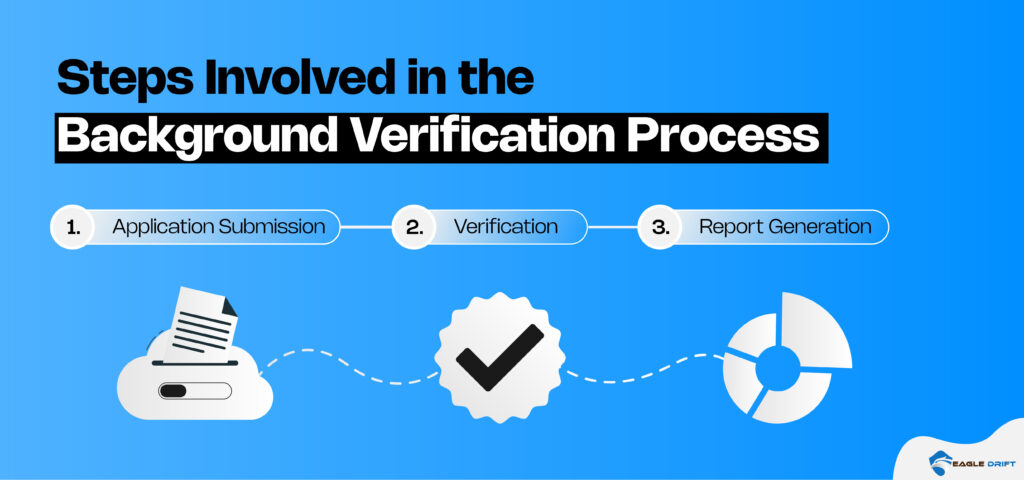
Application Submission: Candidates are required to submit necessary documents and information as part of the application process.
Verification: The background verification process involves cross-checking the information provided by candidates with relevant sources. This may include contacting previous employers, educational institutions, and checking criminal records.
Report Generation: Once the verification is complete, a comprehensive report is generated. This report summarizes the findings of the background check, providing employers with insights into the candidate’s history.
Background Investigation Services Providers
Overview of Background Investigation Services Providers
Background investigation services providers play a crucial role in enhancing the depth and scope of the background verification process. These services go beyond traditional checks, offering a more thorough analysis of a candidate’s history.
Comparison Between Different Background Investigation Services Providers
Depth of Investigation: Different providers may offer varying levels of depth in their investigations. Some may specialize in extensive international checks, while others focus on specific aspects such as financial history or social media scrutiny.
Additional Services: Some providers may offer supplementary services, such as credit checks, social media profiling, or drug testing. Understanding the range of services provided allows employers to choose a provider that aligns with their specific needs.
Industry Expertise: Certain providers may specialize in particular industries, gaining expertise in the unique requirements and challenges of those sectors. This industry-specific knowledge can enhance the relevance and accuracy of the investigation.
Technology Integration: The use of technology, such as advanced algorithms and artificial intelligence, can streamline the background investigation process. Providers that leverage technology effectively may offer quicker and more accurate results.
Customer Reviews and Reputation: Evaluating customer reviews and the overall reputation of background investigation service providers is crucial. Positive feedback from other businesses can provide insights into the reliability and effectiveness of a particular service.
Choosing the right background investigation services provider is a strategic decision for employers looking to conduct thorough and insightful checks on potential hires. Organizations can partner with a provider that aligns with their specific needs and values by considering the depth of investigation, additional services offered, industry expertise, technology integration, and reputation.
Conclusion
In conclusion, employee background checks and screening services stand as indispensable tools in the modern hiring landscape. The significance of these processes cannot be overstated, as they play a pivotal role in shaping the quality, safety, and integrity of the workplace. Let’s summarize the importance and various types of employee background checks and screening services.
Importance of Employee Background Checks and Screening Services
- Risk Mitigation: Through thorough vetting, employers can identify potential risks associated with candidates, ensuring that individuals with questionable backgrounds or behaviors are not integrated into the workforce.
- Workplace Safety: Employee background checks contribute significantly to maintaining a safe and secure work environment. Identifying candidates with a history of violence, substance abuse, or other concerning behaviors helps safeguard both employees and company assets.
- Legal Compliance: Adhering to legal standards is crucial for employers. Background checks, when conducted in compliance with relevant laws, help organizations avoid legal issues related to negligent hiring.
- Quality Hires: By assessing a candidate’s qualifications, work history, and other relevant factors, employers can make informed decisions, leading to the selection of candidates who align with the organization’s values and contribute positively to its goals.
Protecting Company Reputation: Hiring individuals with integrity and credibility is vital for maintaining a positive company reputation. Background checks help prevent situations that could tarnish the image of the organization.
Types of Employee Background Checks and Screening Services
- Pre-Employment Screening: This initial step involves evaluating a candidate’s qualifications, work experience, and suitability for the role.
- Criminal Record Check: A comprehensive examination of an individual’s criminal history to assess potential risks and ensure legal compliance.
- Employment Verification: Confirming the accuracy of a candidate’s work history, including job titles, responsibilities, and dates of employment.
- Education Verification: Ensuring that a candidate possesses the required educational qualifications for the position.
While these checks are vital for creating a trustworthy workplace, it’s essential to strike a balance between diligence and respect for candidates’ privacy. Respecting legal boundaries and ensuring transparency in the process contribute to a fair and ethical hiring environment.
In essence, employee background checks and screening services are powerful tools that empower employers to make informed decisions, protect their workforce, and build a workplace founded on trust and security. Employing these practices contributes to the overall success and sustainability of organizations in an increasingly competitive and dynamic business landscape.
FAQs
Which Laws Regulate Employment Background Verification?
Employment background verification is subject to various federal and state laws, with the Fair Credit Reporting Act (FCRA) being a primary regulatory framework. This legislation outlines the rights and responsibilities of both employers and candidates during the background check process, ensuring fairness and transparency.
How Long Must Employers Retain Background Check Reports?
Employers are generally advised to retain background check reports for at least five years. This duration ensures compliance with legal requirements and allows organizations to refer back to the information if needed. However, it’s crucial to check specific state laws and industry regulations, as retention periods may vary.
What Causes a Failed Background Check?
Several factors can contribute to a failed background check. Common reasons include discrepancies in the information provided by the candidate, a criminal record that violates the employer’s criteria, or a poor credit history. The specific criteria for failure depend on the employer’s policies and the nature of the position.
How Long Are Background Checks Valid?
The validity of background checks varies, but they are generally considered valid for six months to a year. However, for certain sensitive positions or industries, employers may opt for more frequent background checks to ensure ongoing compliance and safety.
What Should I Do if a Candidate Fails Background Verification?
If a candidate fails background verification, it is essential to follow company policies and adhere to legal procedures. Communicate transparently with the candidate, providing them with a copy of the background check report and an opportunity to address any inaccuracies. Employers should also be mindful of anti-discrimination laws and ensure a fair and unbiased process throughout.


